When Martine Maris was diagnosed with breast cancer in February 2020, her colleague Annick Timmermans was one of the first people she told. Annick stepped in to schedule appointments, accompanied her to check-ups, and brought chocolate, champagne, and a dose of humor during the toughest moments.
Operating room nurse Martine Maris had stopped by the radiologist for a routine mammogram and ultrasound before starting her late shift. She had no symptoms; it was a standard screening. When the radiologist discovered a tumor and the gynecologist hugged her during their conversation afterward, the bad news felt surreal. Martine: “I went with the gynecologist to inform my supervisor. As I was leaving, I saw my colleague and friend Annick in the hallway. She had just dropped off a patient in recovery. I don’t even remember exactly what I said to her in that moment. I was in shock.”

Organizing hospital appointments
“I was stunned too at first,” Annick recalls. “I quickly arranged with my colleagues to step away for a while and went to see Martine in the locker room. She still had a ticket for bloodwork, a chest X-ray... I started organizing all her appointments and went with her. In those first moments, you’re not fully clearheaded as a patient—so much is coming at you. It really helps to have someone else there to listen to what the doctors are saying. It turned out to be valuable at later consultations too.” Martine agrees: “And I’m in the medical field myself, so I’m familiar with the hospital environment. But your perspective changes completely when you become the patient. Something routine, like placing a port-a-cath, will feel very different to me in the future. I’ll approach it with even more empathy.”
An extra portion of soup
Annick: “Did this cancer journey change our relationship? Yes, absolutely. It brought us even closer. We were friends as well as colleagues. We’re part of the team-building group at work that organizes parties, New Year’s receptions, and fun activities for the team. We used to go jogging together. So when Martine got sick, it was natural for me to support her. I did what any good friend would do. I brought food when she couldn’t cook anymore, or I’d make an extra batch of soup.”

Joining oncology appointments
“Annick also made sure I never had to go to tests or doctor’s appointments alone,” says Martine. “Yes, because you miss half the information if you go by yourself,” Annick adds. “And there’s nothing worse than sitting alone in a waiting room until your name is called. So whenever I had a day off, I went with her. If I couldn’t go, I’d ask other close colleagues or friends to step in. During the COVID restrictions, when no one was allowed to come inside during chemo sessions, I dropped off a piece of chocolate with the nurse for Martine. Little gestures like that lift your spirits. I even asked the surgeons at work to send her a photo with their thumbs up so she’d know we were thinking of her.”

Chemo with champagne
“When Martine felt awful and admitted it, I didn’t shy away from being honest,” says Annick. “‘You really don’t look well today, and that’s okay. You’re going through chemo, it’s completely draining you. You need to rest.’ I knew she wouldn’t hold it against me. We’re on the same wavelength and understand each other perfectly. It never felt awkward.”
Martine: “At the end of chemo, my colleagues surprised me with champagne and a pin that said ‘You did it.’ I truly didn’t expect that.” Annick: “We ended chemo the same way we started it. When Martine was about to receive her first chemo, I stopped by her room with champagne. I told her, ‘Tomorrow you might feel terrible, so let’s have a drink today while we can.’ We drank champagne from plastic cups and laughed together.” Martine concludes, “Humor helps.”
Interview: Spring 2021
Curious about even more stories like this interview with Martine and Annick? You can read them all in our Personal Stories section >>

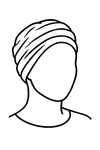
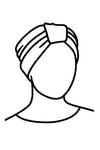

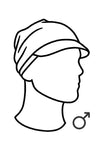



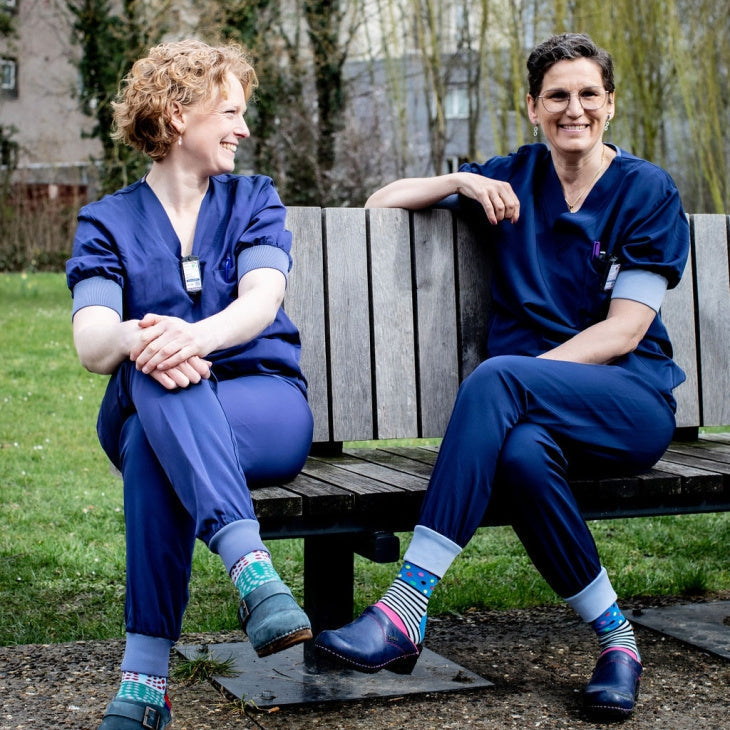
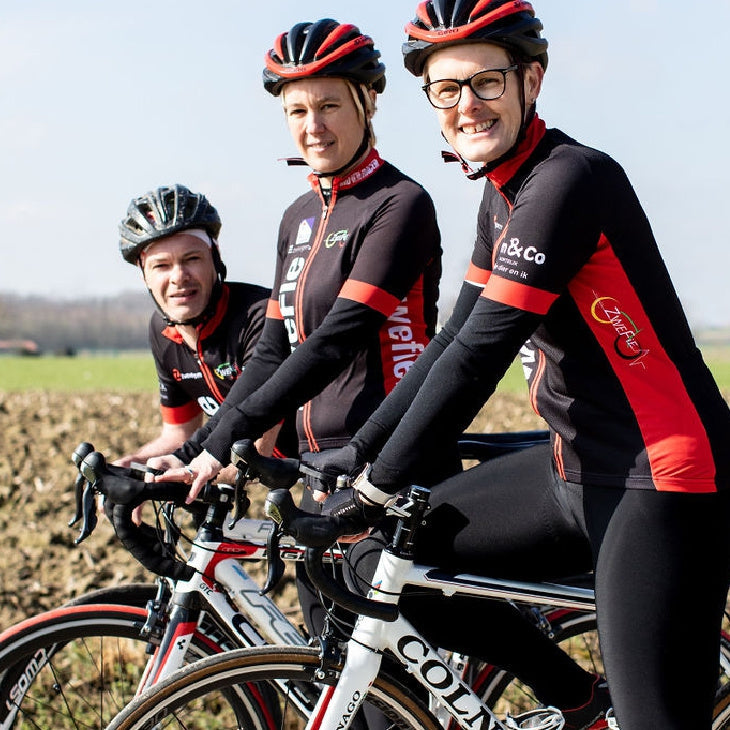
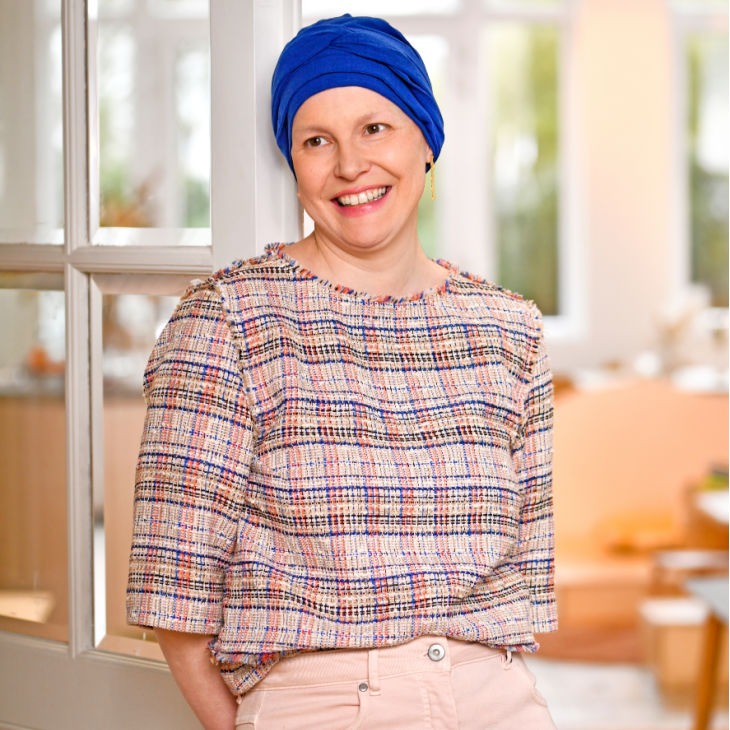
Leave a comment
All comments are moderated before being published.
This site is protected by hCaptcha and the hCaptcha Privacy Policy and Terms of Service apply.